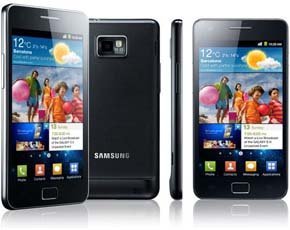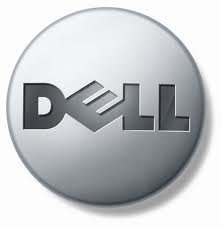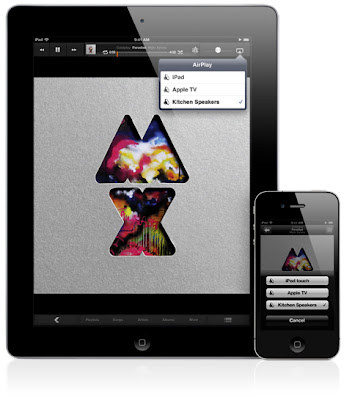It's not exactly an Olympic sport - not yet, anyway - but as the London Games drew to a close this past Sunday, thousands of professional videogame players geared up for an event that for some can be as lucrative as winning a gold medal.
Videogamers have gathered in Cologne, Germany this week for the Intel Extreme Masters (IEM) competition, a professional videogame tournament that runs through August 19.
Professional electronic gaming, or eSports, is relatively new and has been gaining popularity around the world in recent years. Germany and South Korea are two hot markets, and the United States is quickly catching up.
Pro gamers can earn anywhere from $20,000 to $100,000 or more in winnings and make even more in product endorsements, teaching and other sponsorships. Videogame makers say participating in an event can boost a game's popularity.
The IEM event in Germany is expected to attract over 250,000 fans, about 10 percent more than last year, to watch the best videogamers in the world compete in games such as "StarCraft II" and "League of Legends". An additional 20 million people from more than 180 countries will tune in to streams on the Web provided by ESLTV, TwitchTV and CBS Interactive (CBSi) Games.
More than 20,000 fans packed the Anaheim Convention Center in California in June to watch gamers compete for over $200,000 in the Major League Gaming Spring Championship. An additional 35 million online viewers streamed matches for games like "Mortal Kombat", "Soul Calibur V" and "The King of Fighters XIII".
"The Internet streaming phenomena is probably the biggest reason eSports is having a huge rise right now," said Sean "Day(9)" Plott, a leading "StarCraft II" eSportscaster - pro gaming's play-by-play sportscaster. "Streaming has allowed this huge international representation to view matches live or recorded at any time of day."
Multiple leagues now exist with names such as IGN Pro League (IPL), North American Star League (NASL), Dreamhack, Electronic Sports League (ESL), Global StarCraft II League (GSL) and EVO Championship Series (EVO). And some multiplayer tournaments are set up to mimic any professional sports league.
Indeed, one game gaining traction among fans is "League of Legends", in which teams of five compete in multiplayer online battle arenas (MOBA). Teams vie for $5 million in prizes in a format that replicates a real sports season and playoffs.
"Just like the NBA (National Basketball Association), we expect the competition to intensify in the playoffs - the Regional Finals and the Season Two World Championship," said Brandon Beck, co-founder and CEO of Riot Games, which created "League of Legends".
BEERS AND 'BARCRAFT'
Games from Riot and other makers such as Blizzard Entertainment have found success as spectator sports because they have features allowing fans to watch the competitions live in arenas, online at home or in places like sports bars. In fact, Blizzard's "StarCraft II" has become so popular at local watering holes that some gamers have dubbed it "BarCraft".
"We've seen a fair amount of anecdotal evidence that people who discover 'StarCraft II' through eSports eventually purchase and play the game," said Mike Morhaime, co-founder and CEO of Blizzard. "One primary reason we support eSports is to build community and create long-term interest."
Social media also have had a big role in the gaming leagues' growth by allowing pro players to connect with their fans and even play against them.
And even though men dominate the players' groups, women such as Florence "flo" Yao, Sasha "Scarlett" Hostyn, and Madeleine "MaddeLisk" Leander are rapidly working their way to the top.
Kelly "Mrs. Violence" Kelley, a professional "Call of Duty: Black Ops" player who works with CBSi Games, believes these young women will encourage more female gamers to go pro and compete in the male-dominated eSports arena.
Sponsors have taken notice. Big brands including Dr. Pepper, Sony Ericsson and Bic Razors pay anywhere from $500,000 a year in multimillion-dollar, multi-year deals to connect with the growing audience at league events.
Energy drink Red Bull has organized its own competitions, such as the Red Bull Battlegrounds Invitational in Austin, Texas where 16 of the world's top "StarCraft II" players competed for $41,000 in front of 5,000 paying fans.
"I think in the future we're going to see more of these types of events with sponsors getting directly involved and connecting with not only the professional players, but also this growing fan base," eSportscaster Michael "Husky" Lamond said.
















.jpg)



